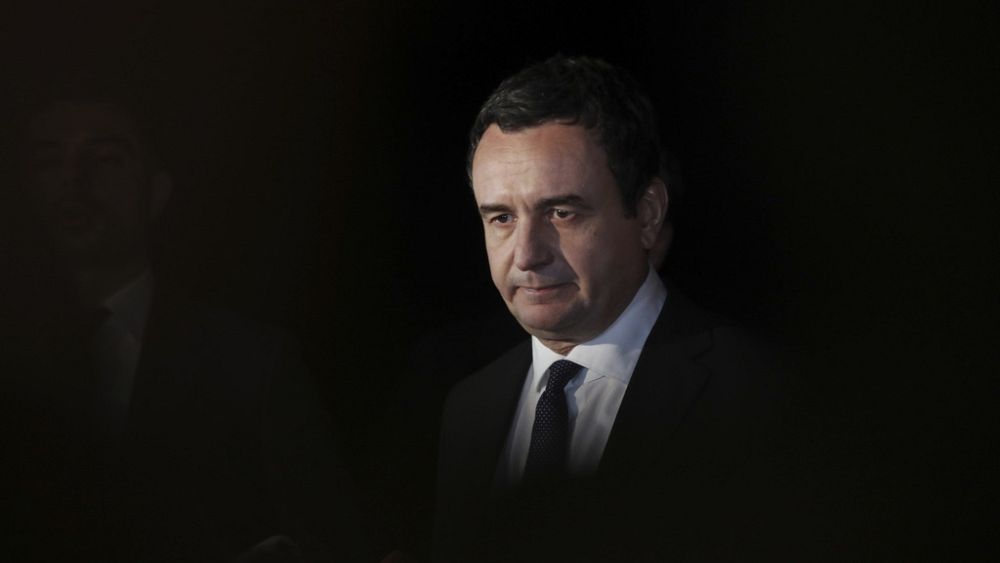
The leaders of Kosovo and Serbia reached an agreement after a day of talks in North Macedonia on Saturday to normalise bilateral relations after decades of tensions between the Balkan wartime foes and solve one of Europe’s longest-standing disputes
However, Kosovo’s Prime Minister Albin Kurti and Serbia’s President Aleksandar Vucic stopped short of signing the framework document.
The announcement was made by the EU’s top diplomat Josep Borrel on Twitter following hours of talks at North Macedonia’s lakeside resort of Ohrid and came a month after both sides gave their tacit approval to an 11-point EU plan to end months of political crisis.
EU Special Representative Miroslav Lajcak was also in attendance. The agreement stipulates that both countries will recognise each other’s official documents and national symbols, and respect their independence, autonomy and territorial integrity, right of self-determination, protection of human rights and non-discrimination.
The decision to host the talks in the city of Ohrid in Northern Macedonia was a symbolic one.
In 2001, an armed conflict broke out in North Macedonia between the ethnic Albanians and the state. The conflict lasted eight months and was resolved by signing the so-called Ohrid Agreement, which advanced the rights of the Albanians in North Macedonia.
The accord is considered one of the rare examples of resolving complex ethnic issues in the Balkans.
It is hoped that it could provide inspiration for Serbia and Kosovo in finding a solution for the decades-long unresolved issue of Kosovan independence.
Stojanche Angelov
State police officer in North Macedonia in 2001
Kosovo is a majority ethnic Albanian former Serbian province which broke away in 2008.
That came nine years after the 1998-99 war ended, which erupted when separatist ethnic Albanians launched a rebellion against Serbia’s rule, and Belgrade responded with a brutal crackdown. About 13,000 people died, mostly ethnic Albanians.
The EU has mediated negotiations between Serbia and Kosovo since 2011, but few of the 33 agreements that have been signed were put into action.
The EU and the US have pressed for faster progress since Russia launched a full-scale invasion of Ukraine last year.
Now it’s hoped the resolution of the North Macedonia conflict via the Ohrid Agreement will prompt Serbia and Kosovo to move forward.
Stojanche Angelov and Abedin Zimberi were both police officers in 2001 in North Macedonia. But they were fighting on different sides of the conflict.
Now they hold regular joint meetings with state institutions and work together to help reconciliation.
“The main problem-makers are those whose experience of killing comes only from video games,” said Angelov, who took the side of the state. “They are the ones who are the “bravest” and the most dangerous because they have never actually seen death up close.”
His counterpart Zimberi, a former commander of the insurgent movement of ethnic Albanians, added: “We know what a conflict is and how much pain it can cause, and we are working to prevent any type of future conflict and hatred among people.”



